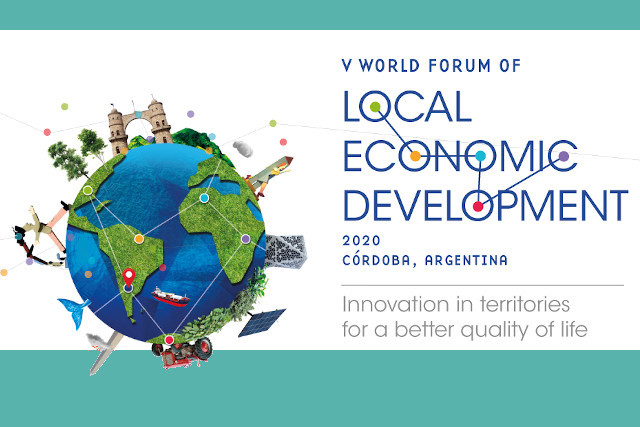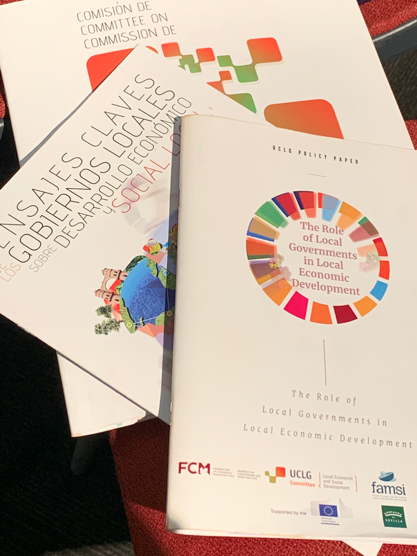The Committee on Local Economic and Social Development

Established at the World Council Meeting in Hangzhou in December 2017, it is chaired by the Andalusian Municipalities Fund for International Solidarity (FAMSI), in coordination with its role as secretariat of the World Forum of Local Economic Development. The Committee on Local Economic and Social Development (LESD) is a voluntary community of local authorities, government representatives and local and regional government associations, members of United Cities and Local Governments (UCLG).
It is an organised group of local governments, and different sections of UCLG, with a specialised Technical Secretariat.
The Committee strengthens cooperation between local and regional governments and promotes their recognition in the construction of new models of economic and social development. It is therefore a tool to promote the co-responsibility of local and regional actors in global sustainable action.
The Committee contributes to the general objectives of the UCLG network by strengthening cooperation between local governments from different regions of the world and promoting content related to sustainable local economic development for social cohesion and gender equality.
Key Messages from Local Governments on LESD

In order to consolidate the messages from our leaders on the topic of local economic and social development towards the V Global Forum, the Committee launched the document “Key messages from local governments on local economic and social development" with the aim of collecting contributions that enriched the discussion.
This publication aims to order key concepts and proposals that contributed to the process of reflection and commitment of local governments with sustainable economic and social development articulated in three main content axes:
1. Territory as the basis of social, economic and environmental innovation
2. Territorial economic and productive models to address inequality
3. The future of work and the work of the future from a territorial perspective

